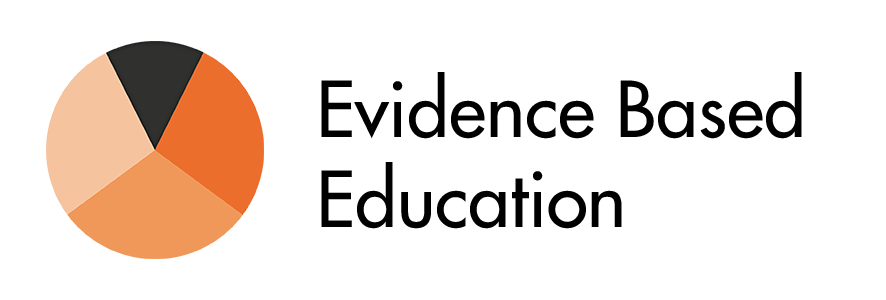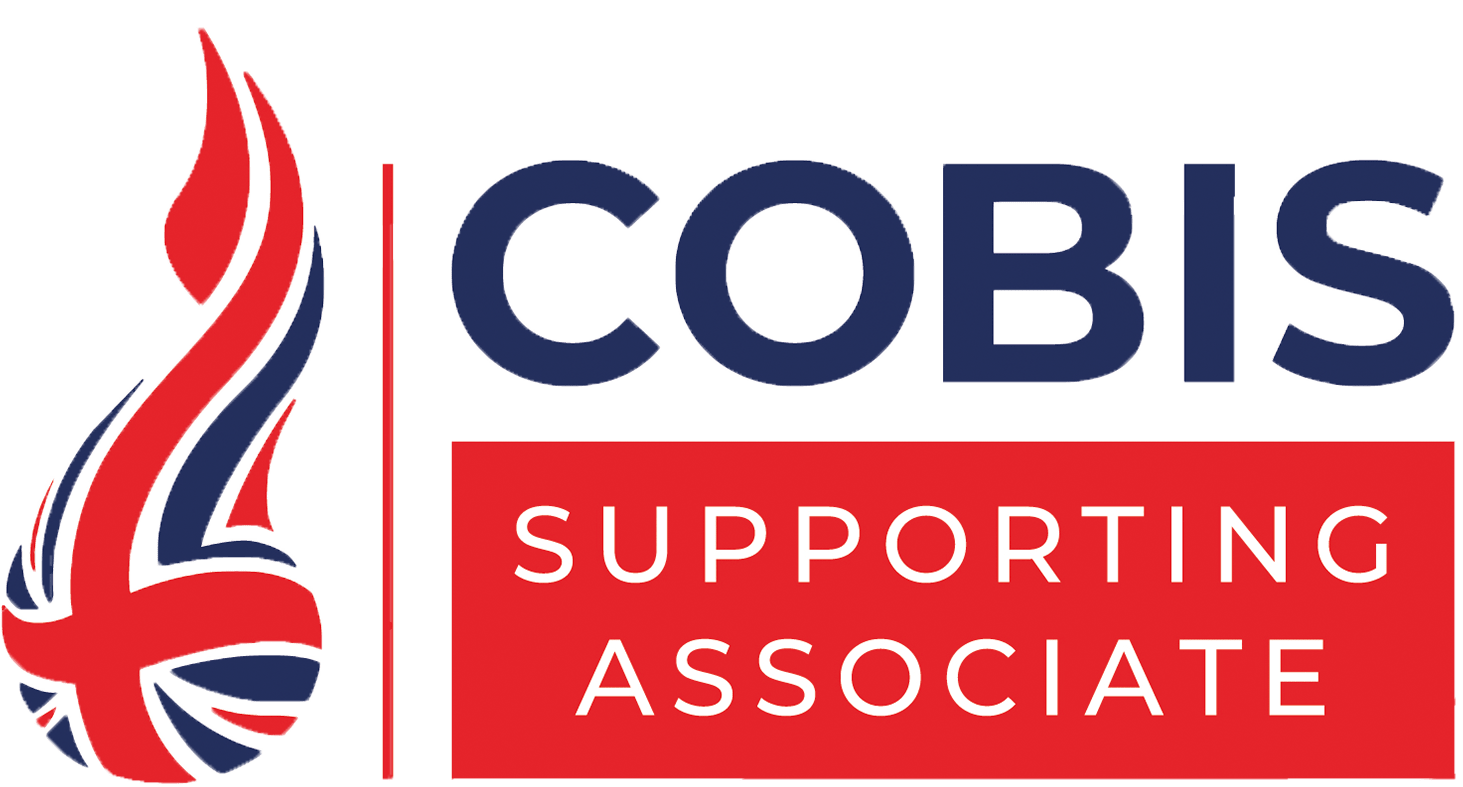Education research findings are generally produced as a result of a grant-making body awarding money to a researcher who: designs a study to answer the question for which money has been allocated; recruits participants (schools, teachers, students…); collects data; analyses the results; and publishes. But this orthodoxy is being tested, and a new democratised model of education research is emerging: we’re beginning to take a road less travelled*. It’s happening right now, and it needs us all – teachers, school leaders, researchers and policy-makers – to join forces. New knowledge drawn from excellent research is vital for progress in education, and well-trained, committed, professional researchers are crucial to ensuring the disciplined inquiry required for its production. But knowledge alone is insufficient to make change. What we need is practical wisdom borne out of broad, democratic collaboration.
I’m currently working as a research support partner (alongside Prof Rob Coe, Alex Quigley and Alan Easterbrook) on Huntington School’s EEF-funded RISE (Research leads Improving Students’ Education) Project. For me, this is an expression of the kind of democratic collaboration we need, and one that I believe embodies a subtle but significant shift in education research: schools are doing it for themselves, and they’re leading from the front.
The Education Endowment Foundation (EEF) truly is a game-changing organisation. By making grants directly to schools to fund their own research projects, and by standing devoutly by their pledge to publish the results of every evaluation they fund (not just the ones with positive results), they have empowered teachers and school leaders, and given the academic community both a shot in the arm and a kick up the bum. By design, projects like RISE place schools in the driving seat, enabling them to ask the questions that truly matter to them, rather than asking questions that make for good high-impact journal fodder. If this isn’t an expression of a self-improving system in action, I don’t know what is.
RISE takes a position in the middle ground between the traditional mode of research being ‘done to’ schools by higher education researchers, and the notion of ‘teachers-as-researchers’. The Research Leads involved in the Project are practicing teachers and school leaders who are supported by Huntington School staff who, in return, are supported by Rob Coe and me; the approach is collaborative and co-constructive, rigorous and demanding.
At a recent Future Leaders event, I said that if we don’t know the impact of what we’re doing in schools, then we really don’t know what we’re doing. It is the responsibility of everyone working in education – from policy-makers to the newest of NQTs – to acknowledge that we can and should base our decisions on the best available evidence, and that we must evaluate the impact of the choices we make. Some traditional models of research in education are often insufficient for the demands we place on ourselves and our system, but with school-led collaboration and co-construction between teachers, school leaders, researchers and policy-makers, we are taking the road less travelled together, and we might just find something that makes all the difference.
*Frost, R. (1920). Mountain Interval. New York: Henry Holt and Company





